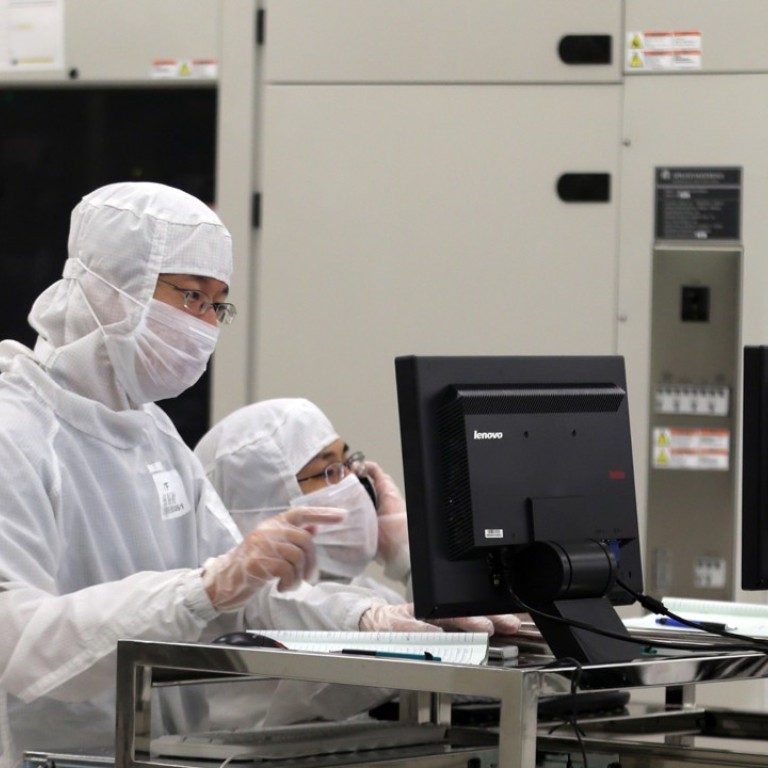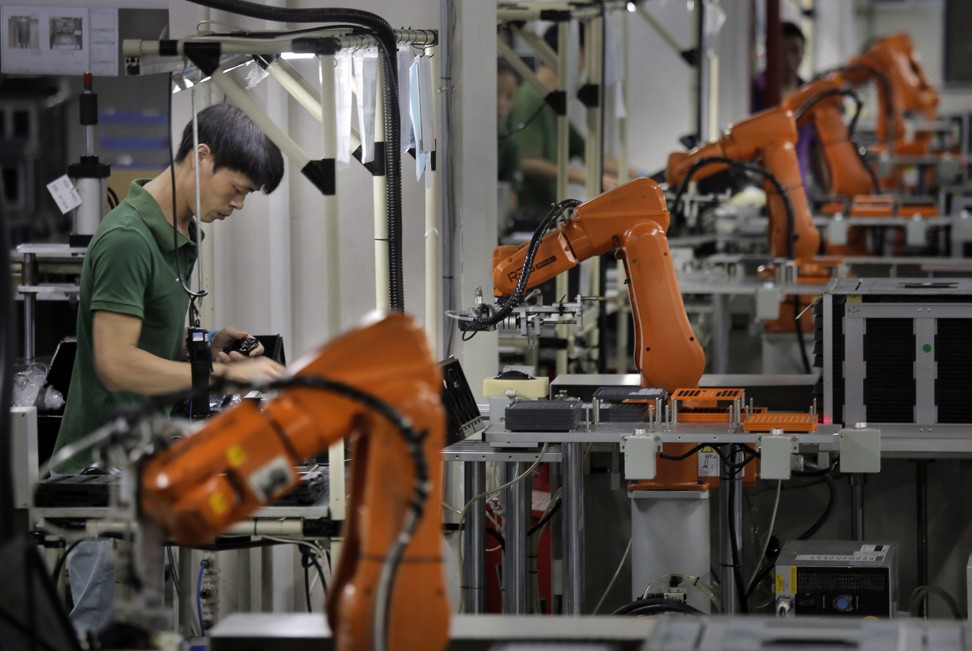
China steps up scrutiny of IP transfers to foreign firms on national security grounds
Tech exports and intellectual property transfers in certain areas will be subject to checks under new guidelines to ‘safeguard China’s key public interests’
China has tightened scrutiny over intellectual property transfers to foreign investors citing national security concerns, amid an escalating dispute with the United States over technology.
Under new guidelines issued by the State Council on Thursday, technology exports and IP transfers that are part of acquisitions made by foreign firms involving patents, integrated circuit layout design, computer software copyright and certain agricultural technology will be subject to national security checks.
The move is aimed at “improving the national security system” and “safeguarding China’s key public interests”, the State Council, China’s cabinet, said in the document.
Such transfers will be assessed in terms of their impact on national security and the country’s “key technology innovation capability in key areas”, it said.
While details of how the guidelines will be enforced have not been released, legal experts say the move shows China is elevating the importance of its home-grown technology and IP protection as it seeks to become a tech superpower by 2025.
“These guidelines unify the rules and procedures that are covered by various regulations on technology exports, software protection and other areas,” He Wengang, a lawyer with Haiwen & Partners said.
“It also singles out several sensitive areas, making IP protection more strategic.”
Zheng Li, a partner with Beijing-based law firm Jingtian & Gongcheng, agreed that the move was strategic.
“The IP contest is a competition for technology – and ultimately a competition for the national interest,” Zheng said. “From software to integrated circuit layout, to agricultural technology – these are all crucial to future technological competitiveness in the industrial and agricultural sectors.”

China has for years come under fire from the US and many other countries for its lax protection of intellectual property, but it has started to improve in this area, especially since the push began to develop as a tech superpower.
In 2015, Beijing unveiled its Made in China 2025 strategy, modelled on Germany’s Industry 4.0 smart manufacturing drive. The plan identifies 10 sectors for China to dominate locally, but be competitive in globally – including advanced medical technology, robotics, semiconductors and new energy vehicles.
Complaints from foreign companies about being pressured into transferring technology to Chinese partners are one of the reasons US President Donald Trump last week said the US would impose hefty tariffs on Chinese products.
Washington is particularly concerned about these tech transfers in industries that are listed as a priority under the Made in China 2025 plan. Last week, it filed a request for consultations with China at the WTO to address what the US alleges are discriminatory Chinese technology licensing requirements, in line with unilateral actions signed off by Trump targeting China’s hi-tech industries.
But Jin Haijun, a law professor at Renmin University, said China’s latest IP transfer guidelines were not a retaliation, as Beijing had been considering the rules for years and technology exports are minimal.
“China is a net technology importer. But with its technology developing fast, policymakers have decided the national security element should be taken into account as it is in other countries,” Jin said.
China cited national security concerns when it introduced a controversial cybersecurity law last year. That law, among other restrictive measures, compels foreign businesses to save data containing information about Chinese consumers on mainland servers.

